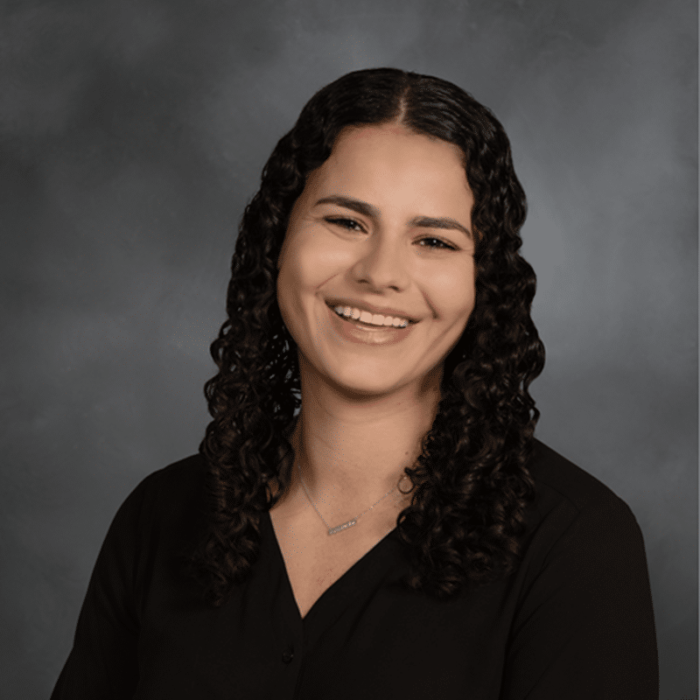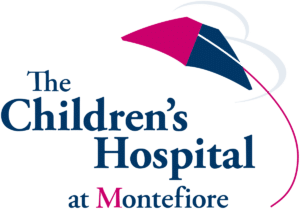
Adina Chesir, Psy.D.
achesir@westchesteranxietytreatment.com
917-608-5741
Adina Chesir Psy.D.
Dr. Adina Chesir is a Licensed Clinical Psychologist with expertise in using evidence-based treatments for children and adolescents with anxiety, mood disorders, OCD, emotion regulation difficulties, and disruptive behavior disorders. She also specializes in providing Parent Management Training (PMT) for parents of children with ADHD and disruptive behaviors and Supportive Parenting for Anxious Childhood Emotions (SPACE) for parents of children with anxiety. Dr. Chesir has received extensive training in a variety of treatment modalities, including Cognitive-Behavioral Therapy (CBT), Dialectical Behavioral Therapy (DBT), Parent-Child Interaction Therapy (PCIT), and PCIT adapted for Selective Mutism (PCIT-SM). Using a warm and validating therapeutic style, she collaborates with patients to help them understand their emotions, learn tools to manage stressors, identify strengths, and become active players in their lives.
Dr. Chesir has provided individual, group, and family therapy across various settings, including inpatient and outpatient hospital settings, community mental health centers, and schools. She has trained at sites such as Montefiore Medical Center/Children’s Evaluation and Rehabilitation Center (CERC), New York-Presbyterian/Weill Cornell Medicine, Parnes Family Psychological and Psychoeducational Services Clinic, and Child Guidance Center of Southern CT. Dr. Chesir has experience leading numerous groups, including DBT skills groups, transdiagnostic CBT groups on child and adolescent inpatient units, parenting skills groups, and social skills groups for neurodivergent youth.
Dr. Chesir earned her doctoral degree from Yeshiva University’s Ferkauf Graduate School of Psychology with a combined specialization in clinical child psychology and school psychology. Before earning her PsyD, she completed her bachelor’s degree in psychology and English Literature from Yeshiva University’s Stern College.
- Children
- Adolescents
- Young Adults
- Family Therapy
- Individual Therapy
- Group Therapy
Education
Yeshiva University’s Ferkauf Graduate School of Psychology
Dr. Chesir earned her doctoral degree from Yeshiva University’s Ferkauf Graduate School of Psychology with a combined specialization in clinical child psychology and school psychology.
Yeshiva University Stern College for Women
Before earning her PsyD, Dr. Chesir completed her bachelor’s degree in psychology and English Literature from Yeshiva University’s Stern College.
Experience
Montefiore Medical Center
Children’s Evaluation & Rehabilitation Center (CERC)
Dr. Chesir trained at The Children’s Hospital at Montefiore – Children’s Evaluation and Rehabilitation Center (CERC).
New York Presbyterian/Weill Cornell Medicine
She also trained at New York-Presbyterian/Weill Cornell Medicine.
Parnes Family Psychological and Psychoeducational Services Clinic
Dr. Chesir trained at the Parnes Family Psychological and Psychoeducational Services Clinic.






